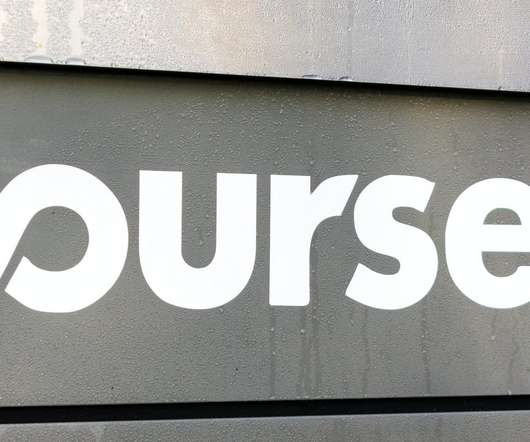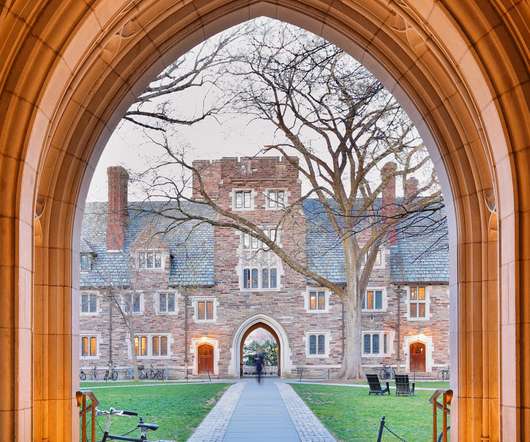Will the Pandemic Lead More Colleges to Offer Credit for MOOCs? Coursera is Pushing for It.
Edsurge
OCTOBER 15, 2020
When two Stanford University professors started Coursera in 2012, the focus was on building free online courses to bring teaching from elite colleges out to the world. So Coursera sees a new business opportunity: to sell the courses it developed to colleges that want to use them as part of for-credit courses for their own students.











































Let's personalize your content